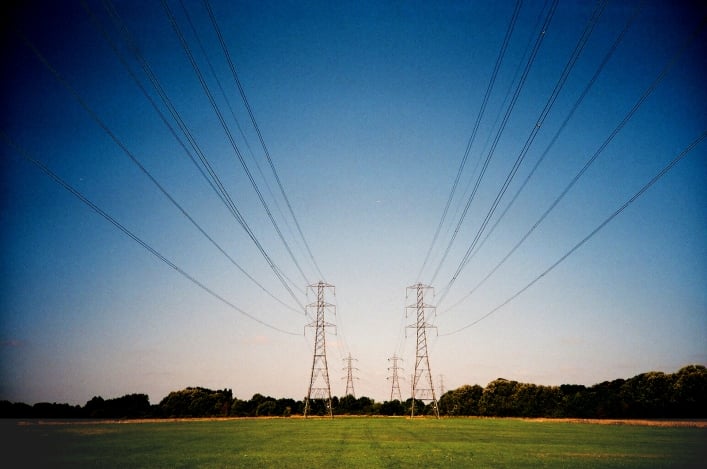Ofgem chief executive Jonathan Brearley has assured that the goal of the regulator’s recommendation of creating a fully independent system operator (ISO) is to support a “robust system” that can result in “billion pound” savings.
In the regulator’s latest report, it detailed how potential conflicts of interest for National Grid ESO could lead to bias in its role, resulting in it recommending the creation of an ISO.
In a call with media representatives yesterday morning (25 January), Brearley was quick to state that Ofgem isn’t “saying anything about National Grid’s decision making today,” but that future concerns do exist.
He provided the example of electric vehicle (EV) charging, whereby there are two choices in how to ensure the increased demand as a result of the future uptake is managed – building a bigger network at higher consumer cost vs utilising solutions such as smart charging.
“Asking a company that builds networks to make that kind of tradeoff is the sort of thing we’re concerned about in the future,” he explained.
Whilst there would be costs associated with removing the ESO role from National Grid and creating an ISO – costs which Brearley said would vary depending on the model of ISO chosen and which are ultimately up to the government and National Grid to discuss – these costs can be “vastly outweighed by the billion pound benefits you will get from a well-managed, well-designed system in the future”.
A number of models for an ISO are proposed in the document, ranging from transferring the ESO to a regulated company to something with more government involvement. When asked by Current± if Ofgem would rule out nationalisation of the ESO role, Brearley stated that whilst the regulator laid out the choices in the report, “really it’s a matter for government to decide”.
He detailed the tradeoffs between the models, with the option of it being government-led having the issue of ensuring its independence and ability to act in the interest of customers, whilst the option of going for a private regulated model means the right incentives must be put into place.
The choice of model – and then implementation – will, however, take some time. The government will need to consider the report and decide which direction it wants to take, with legislation “almost certainly” required. This legislation will then need to be passed.
In the call, Brearley also addressed confusion over whether the ISO would be fashioned out of National Grid ESO itself or be a new body completely. He explained that it’s “somewhere between the two in my mind”, with Ofgem taking “the existing functions that are there, but we are enhancing them”.
When asked if in creating this ISO there is a chance that expertise may be lost, he said that this is, in fact, “a fantastic opportunity for those who work in the system operator” and a real opportunity for “people who I know have a genuine passion for the energy system to be able to really lead the way for all of us to get towards net zero”.
“I’m not concerned about loss of expertise; the offer that is there for people who are working there I think will be enhanced,” he added.
He did also address the legal separation of National Grid ESO and National Grid Electricity Transmission, which occurred in 2019, describing it as “a first step on this journey”.
When the separation occurred, Ofgem made plans to revisit the role of the ESO and see if further changes were required. Since then, the government has committed to its net zero by 2050 target, meaning changes to the energy system are going to come faster than under the old framework, a change which Brearley said has made “a big difference”.






